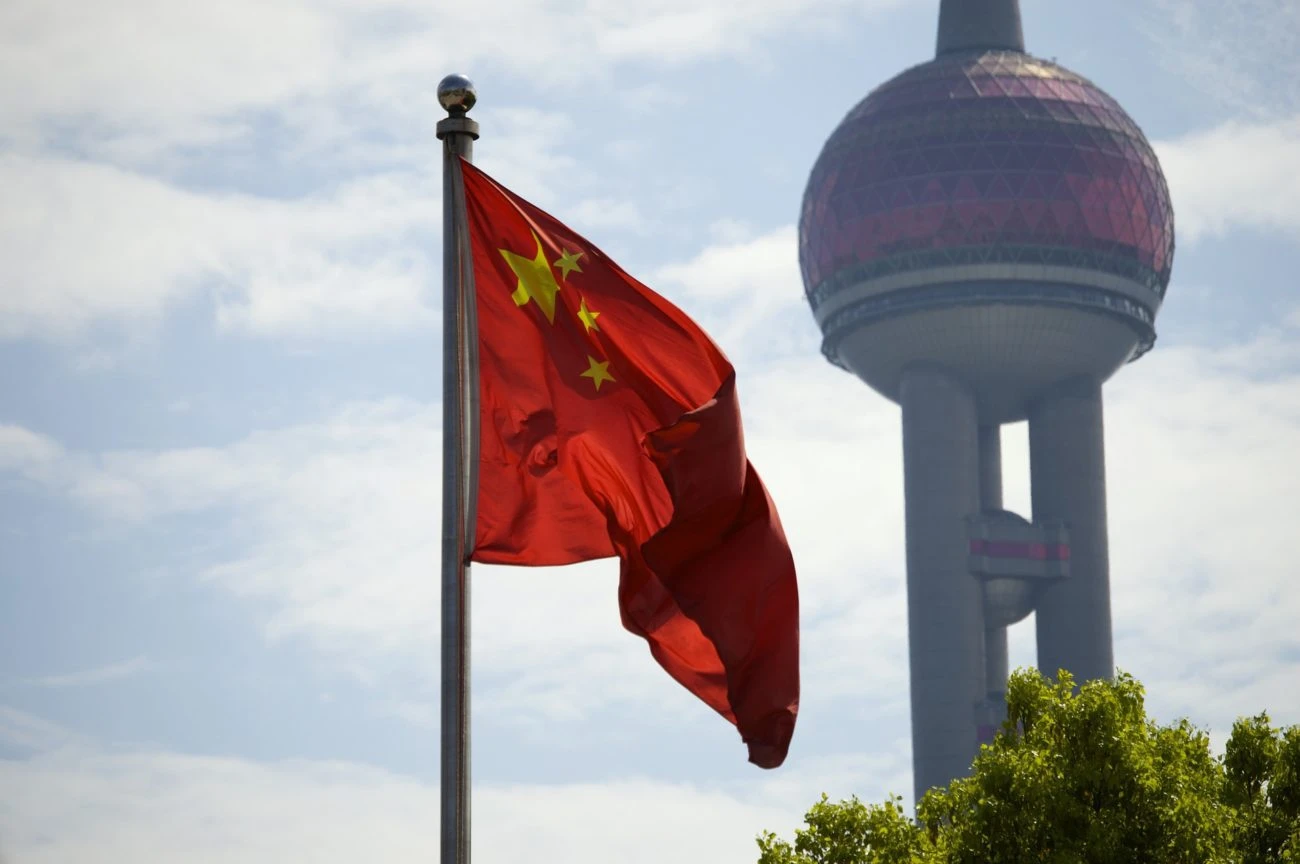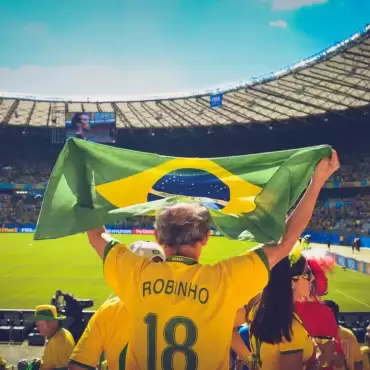The Chinese Football Association (CFA) has imposed lifetime bans on 38 soccer players and five club bosses accused of gambling and match-fixing. A two-year probe found that 120 matches were compromised.
In comments on Tuesday (10 September), Zhang Xiaopeng of the Chinese ministry for public security said the investigation “uncovered a series of online gambling, match-fixing and bribery cases”. They involved 128 suspects and 41 clubs.
Who’s involved?
Among those banned for life are midfielder Jin Jingdao, forward Guo Tianyu and goalkeeper Gu Chao, all of China. They can no longer take part in football or football-related activities. Seventeen others received five-year bans.
In a press conference on Wednesday, South Korea’s Son Jun-Ho protested his innocence. A tearful Son said he was “dumbfounded” by the “ridiculous charges”.
“They threatened that if I didn’t admit to the charges, my wife would be arrested,” he declared. “I said I hadn’t done anything like that.”
China targets sports-related crime
The bans are the latest salvo in Beijing’s war on corruption in sports.
In March, a court sentenced former CFA chairman Chen Xuyuan to life in prison for accepting bribes worth MOP88m (£8.4m/€9.98m/$11 million).
At the same time, former CFA vice-president Wang Dengfeng got 17 years for embezzlement and bribery. In August, another former VP, Li Yuyi, got 11 years for accepting bribes.
A losing game
News reports including one on ESPN poured salt on the wound, calling Chinese soccer a “notoriously underperforming sport”, despite president Xi Jinping’s vow to make home teams more competitive. China has qualified just once for the World Cup, in 2002. It lost all three matches and scored no goals.
The men’s national team currently ranks 87th in the FIFA world rankings, just behind Curaçao (pop. 150K), and just ahead of Equatorial Guinea (1.7m). China has a population of about 1.4bn.
On 5 September, China lost 7-0 to Japan in a World Cup qualifier. Coach Branko Ivankovic called the outcome “humiliating”.




